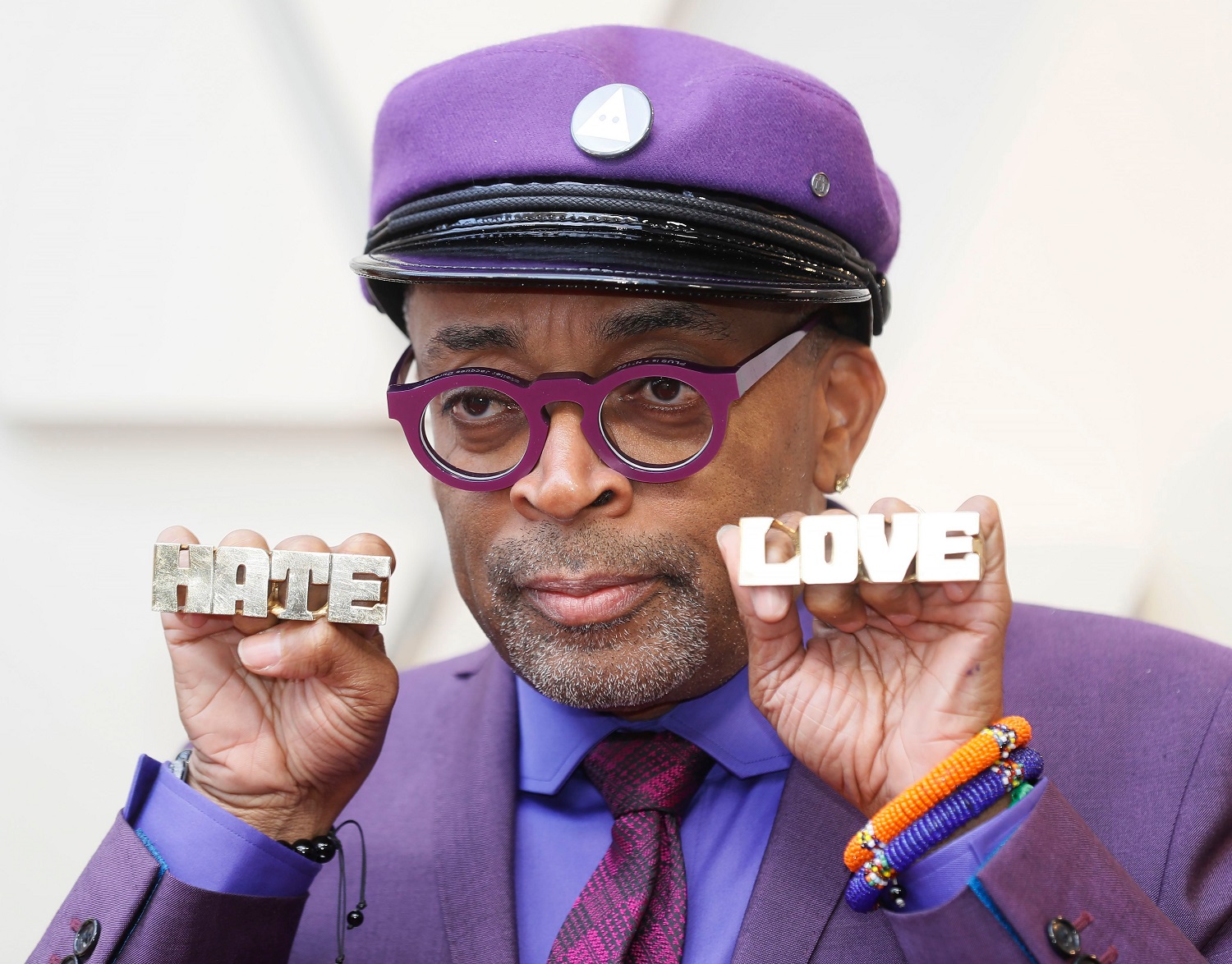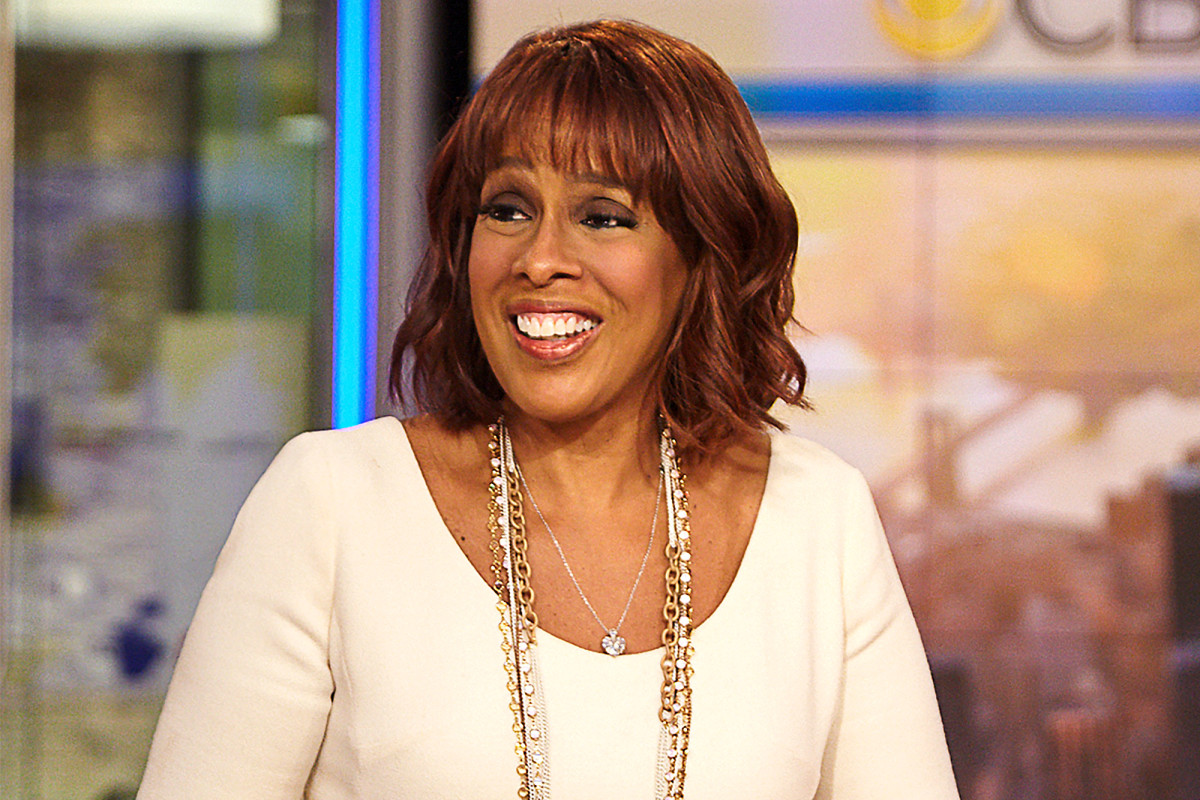Right after Green Book won best picture, Spike Lee waved his hands in anger and tried to storm out the Dolby Theater. He had an intense conversation with Jordan Peele, who blocked him from exiting, then returned to his seat once the acceptance speech was over. After the ceremony, a reporter asked Lee what he thought about Green Book winning best picture. Lee replied, “Next question!”
There’s a troubled history between Spike Lee and the Academy Awards. Although he won an Oscar—Feb. 24, for Best Adapted Screenplay with BlacKkKlansman, he had a reason to be indignant about Green Book’s win.
There’s no doubt that Spike Lee has been making significant contributions to African American cinema for the past three decades. Through Malcolm X, School Dayz and now BlacKkKlansman, he has transcended from being labeled as another African American director to one of the most important American filmmakers alive. Mostly because, although the films mentioned above are great, Do The Right Thing is possibly one of the greatest films ever made.
When Do The Right Thing came out in 1990, it was snubbed from an Oscar nomination for Best Picture. Although it competed with films that Americans consider today as classics (Dead Poets Society, Field of Dreams, My Left Foot, Born on the Fourth of July), the film that won, Driving Miss Daisy, would be quickly forgotten in the filmmaking discourse. This is because the film was an antiquated take on race relations with a white savior complex that made the Academy feel proud of itself for awarding.
Driving Miss Daisy was about a black man being hired to drive a wealthy white woman around the deep south in the 1960s. The woman learns to overcome her prejudices through her prolonged exposure to Morgan Freeman’s character, a dynamic that simplified the problems of racism to a transactional relationship.
It’s a relationship we see over and over with films that win best picture that are about racial harmony; the white person is usually coming from a place of power to employ a black person, forcing themselves to be around them and ultimately learning to accept them. As the New York Times critic at large, Wesley Morris, put it: “any time a white person comes anywhere close to the rescue of a black person, the Academy is primed to say, ‘Good for you!’ -whether it’s To Kill a Mockingbird, Mississippi Burning, The Blind Side or The Help.”
This is why, in the press room after the 2019 Oscars, Spike Lee said, “I’m snakebit. I mean every time somebody’s driving somebody, I lose. But [this time] they changed the seating arrangement!” Green Book featured the same transactional relationship as Driving Miss Daisy, only the white person drives the black person. That’s why Green Book’s win stung Spike Lee. It was a reminder that his films will continue lose to films that make the majority white Academy Awards happy.
Spike Lee’s films don’t often offer an optimistic take on race relations, something that made Do The Right Thing such a great film. BlacKkKlansman is also a real life story that, as A.O. Scott put it, “has less to do with the iffy, easy-to-satirize concept of ‘wokeness’ than with the urgent need to see what is right in front of you.” Spike Lee sees what’s in front of him- an Academy Award and the reassurance that he’s been right since the nineties.
By Ryan Nickerson
Cover photo: ETIENNE LAURENT/EPA-EFE/REX/Shutterstock






